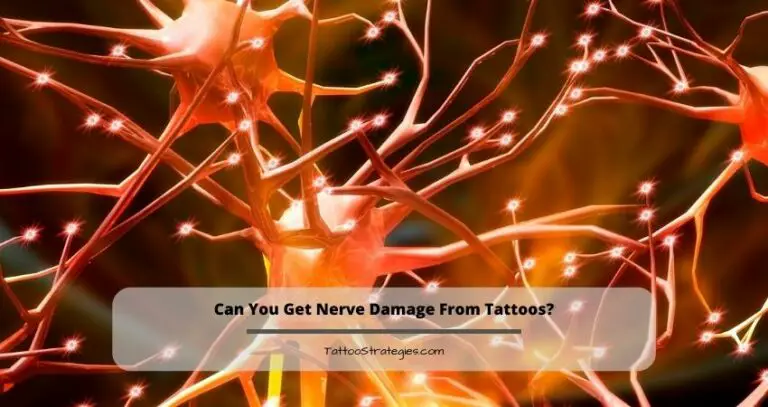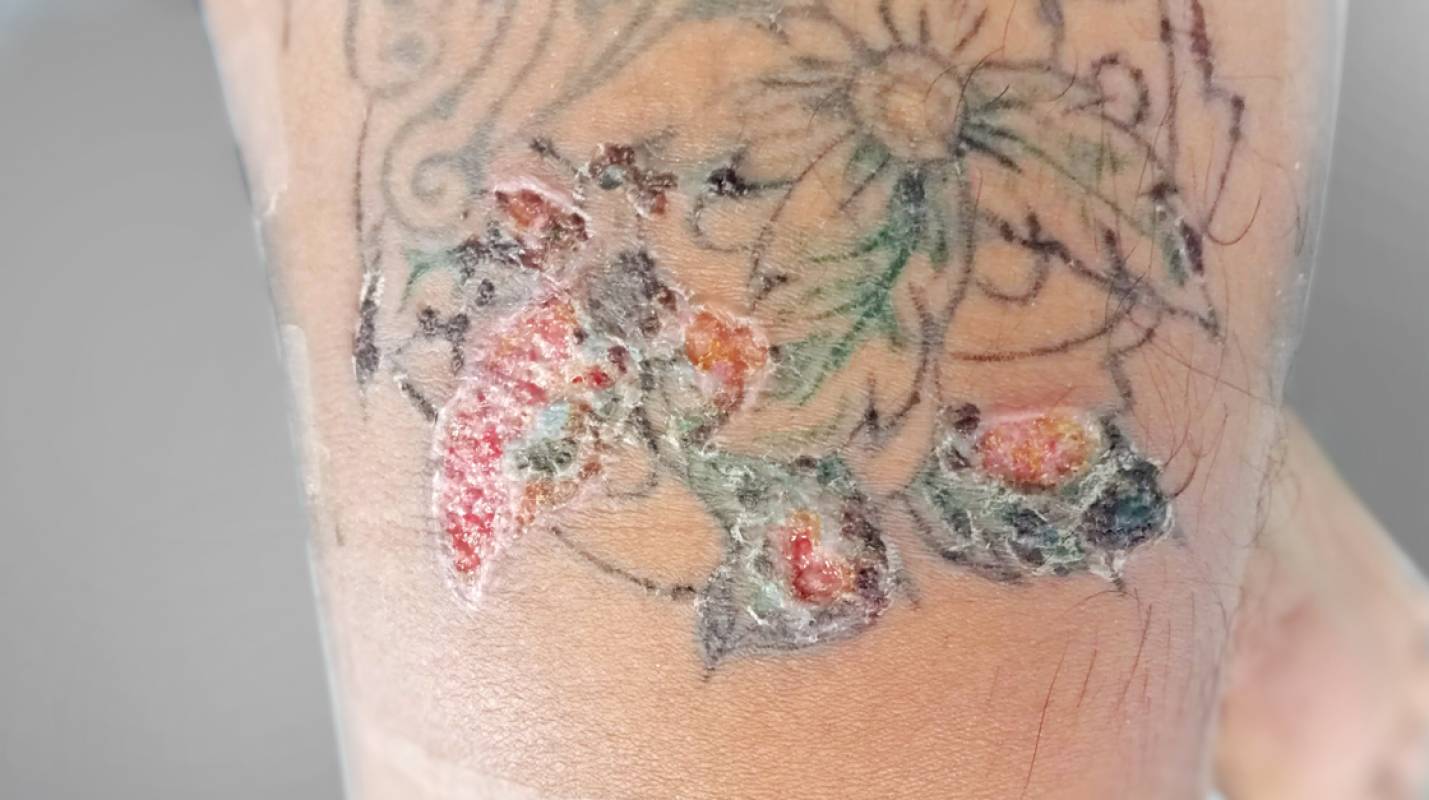
Okay, let’s dive into this. You want a hand tattoo, huh?
But you’re also kinda freaked out about nerve damage.
I get it.
It’s a valid concern.
I’ve seen the questions swirling around:
"Will my hand go numb?"
"Can I still play guitar?"
"Am I risking permanent damage?"
Let’s unpack the truth about whether hand tattoos can cause nerve damage.
The Real Deal About Hand Tattoos and Nerve Damage
So, can getting inked on your hand mess with your nerves?
Short answer: it’s possible, but not super common if you go to a reputable artist.
Think of your hand.
It’s a crazy complex network of bones, tendons, and, you guessed it, nerves.
These nerves are responsible for feeling, movement, and basically everything that makes your hand useful.
A tattoo needle is, well, poking holes in your skin.
If it goes too deep or hits a nerve directly, yeah, you could experience some problems.
How Likely Is Nerve Damage From a Hand Tattoo?
Honestly, the risk is relatively low with a skilled artist.
They know the anatomy of the hand and how to avoid those sensitive areas.
I always tell people, do your homework!
Find an artist with a solid portfolio of hand tattoos and lots of positive reviews.
Don’t just pick the cheapest option.
Think of it like this: you wouldn’t trust just anyone to perform surgery, right?
Same goes for permanently altering your skin.
Symptoms of Nerve Damage After a Hand Tattoo
So, what does nerve damage actually feel like?
Here are some things to watch out for:
- Numbness or tingling: This is a big one. If you’re feeling pins and needles or can’t feel things properly, something might be up.
- Weakness: Difficulty moving your fingers or hand.
- Sharp, shooting pain: Not just the normal tattoo pain. This is different.
- Burning sensation: A constant, uncomfortable burn.
- Muscle twitching: Involuntary muscle movements.
If you experience any of these symptoms after getting a hand tattoo, see a doctor immediately.
Don’t wait!
Early intervention is key.
Minimizing the Risk of Nerve Damage
Okay, so how do you stack the odds in your favor?
Here’s my advice:
- Choose a qualified artist: Seriously, this is the most important thing. Check their credentials, look at their work, and ask questions.
- Discuss your concerns: Talk to your artist about your worries about nerve damage. A good artist will be understanding and explain how they avoid it.
- Follow aftercare instructions: Proper aftercare helps your tattoo heal properly and reduces the risk of complications.
- Be aware of your pain tolerance: If something feels wrong during the tattoo, speak up! Don’t just tough it out.
- Consider the placement: Certain areas of the hand are more sensitive than others. Discuss placement options with your artist.
I had a friend, let’s call him Mark, who went to a cheap artist for a knuckle tattoo.
He ended up with a nasty infection and some lingering numbness in his finger.
He learned his lesson the hard way.
Don’t be like Mark!
The Importance of Aftercare
Seriously, don’t skimp on aftercare.
It’s not just about making your tattoo look good; it’s about preventing infections and complications that could indirectly affect your nerves.
Here’s a quick rundown:
- Keep the area clean.
- Use a fragrance-free, gentle soap.
- Apply a thin layer of ointment as directed by your artist.
- Avoid excessive sun exposure.
- Don’t pick or scratch!
FAQ: Hand Tattoos and Nerve Damage
-
Can hand tattoos affect my grip strength?
Potentially, if nerve damage occurs. However, with a skilled artist, it’s unlikely.
-
Are some hand tattoo designs more likely to cause nerve damage?
Designs that require extensive shading or go deep into sensitive areas could increase the risk. Discuss design options with your artist.
-
How long does it take for nerve damage to heal after a hand tattoo?
It depends on the severity. Mild nerve damage might heal in a few weeks or months. More severe cases could take longer or require medical intervention.
-
Is it safe to get a hand tattoo if I have a pre-existing nerve condition?
Consult your doctor before getting a hand tattoo if you have a pre-existing nerve condition.
Final Thoughts
Getting a hand tattoo is a big decision.
Do your research, choose a reputable artist, and follow aftercare instructions carefully.
While the risk of nerve damage exists, it’s relatively low when you take the necessary precautions.
Remember, your hands are important!
Treat them with respect.
Ultimately, understanding the risks associated with hand tattoos and potential nerve damage empowers you to make informed decisions and enjoy your new ink safely.


